Etiquette – Do not become “that” diver
As a scuba diver, you should be aware of the basic scuba diving etiquette to ensure a safe and enjoyable dive for everyone. “That” diver is the diver who is always showing off their gear, talking about their dives, and bragging about how experienced they are. While it’s perfectly fine to be proud of your accomplishments, it’s important to do so in a respectful way. Remember that not everyone is as experienced as you, and some people may be new to diving.
If you are having a hard time connecting with other scuba divers, check if you are not violating any of the scuba diving unwritten etiquette code.

Be on time
The dive operation has been planned for a specific time for a reason, and your tardiness could throw everything off. In addition to being respectful of the other divers’ time, it is important to be respectful of the dive operation itself.
Make sure you have the necessary gear
You must have everything to make the dive comfortable and safe. It is also essential to make sure that your gear is in good condition. Do not wait to get to dive site to find out that the straps on your fins tore apart. Divers are known for cordiality and for helping each other, but not always there will be spare parts around.
If you are renting equipment, make sure that everything fits properly and is in good condition. Do not be afraid to ask the shop employees for help if you are not sure how something works.
Do not leave your gear scattered
On a scuba diving boat, space is a precious resource, so be organized and only use the space needed or designated to you.
Keep your hands to yourself
Never touch other divers gear, unless you are allowed. Besides that not being something nice to do, there is still the fact that you may change something important on the diver’s equipment configuration.
It’s not fun to have to solve problems underwater and find out that your gear has been tampered with.
Don’t brag and know when you’re being boring
You want to share your underwater experiences. We all do. But, people are not interested in hearing your entire diving history, the details of every dive site you have been to, or the superiority of your diving gear.
It can be quite a pain to listen to someone brag about their diving experiences, especially if they have been diving for a short amount of time.
Don’t talk during the briefing
One of the most significant things you can do is to be quiet and pay attention to the dive briefing. The dive briefing is where the dive leader will go over the dive plan and give instructions on what divers need to do during the dive. It is essential to listen carefully and respect the dive leader’s instructions. Failing to do so could jeopardize the safety of the group.
Call gear by their names
Remember: divers wear fins, not flippers. We dive using masks, not googles. And so on. This will automatically trigger a red alarm on every diver that hears you. There is no problem on being a newbie – every one were once – but, using wrong names just shows that you are not very serious about it.
Be nice to the boat crew
Show up on time, be respectful and appreciative of their work. That’s the gist of how to act around a dive crew, according to experts. Crew members start work hours before you show up, and they are often working long hours. They should be treated with the same respect you’d expect to be treated with.
Ask the diving company if you’re unsure about tipping policies. Tips are expected in many dive operations, but there are a few places that tipping is not a common practice. When in doubt, tip. Nothing bad comes out of it.
Don’t Hijack The Dive Operation
There is a reason dive masters are in charge. It is because they are familiar with the dive site, and have the ability to assess risks and make decisions that will keep everyone safe.
It’s important to remember that diving is a team sport. So no matter if you are the most experienced diver around, or have the higher certification. Resist the urge to take the lead, sit back, relax, and let someone else take the boss for a change.
Drying Dust caps
Do not open your air tank to dry the dust caps on your regulators. It is rude, annoying, disruptive to other divers, and in many dive sites this could disturb local wildlife.
Respect your level of training and experience
It is crucial to understand and respect your level of training and experience. Diving beyond your level of training can lead to complications and put yourself and others at risk.
Be honest with yourself when assessing your abilities. If you are not confident in your skills, do not attempt a dive that is beyond your comfort level. Remember, diving is not a race – take the time to learn the skills required for each dive before attempting it.
Don’t Skip Buddy Check
I can’t emphasize this enough. Buddy check is of great importance, for you and your buddy. You have to be familiar with other divers gear in case anything happens. Besides, doing a pre dive check can mitigate a lot of problems that can escalate underwater, saving you and other divers a lot of trouble – maybe even your life.
Stick to your diving group
Underwater diving is an amazing activity that can really catch your attention. However, you don’t want to lose sight of your group while diving, as getting stray can give all your dive group trouble trying to find you. Make sure you keep track of the dive master and stay close to the group while underwater.
Don’t Ruin Other Divers Shot
When you’re diving, it’s important to be aware of your surroundings. You don’t want to get in front of someone’s shot, or scare the subject away by rushing into it. And you definitely don’t want to kick like crazy, so you won’t lift a cloud of sediment, ruining everybody’s photo. Finally, remember that you are in a group, and everybody wants to see something nice, so take your photo and make room for other divers.
Do Your Buoyancy Check
The first thing to do after entering the water is to perform a buoyancy check. Being properly weighted will reduce your drag, thus reducing air consumption. If you are too heavy, you’ll probably be dragging on the sea bottom, damaging the marine life and raising a lot of dirty that will compromise visibility.
Finally, there is a higher chance that you will be floating around like crazy, bumping into other divers and disturbing them.
Don’t underestimate the importance of being properly weighted and trimmed.
Don’t Scare Marine Life
When diving, it is always exciting to see something new and interesting. It is terrible when other divers see things first and scare them away before others have a chance to see it too.
Remember that there is a whole group with you. Do not rush into a sea creature, nor move in a way that can cause it to retreat. And above all, never chase marine life – for your safety and wellbeing of the creature.
Do Not Be A Tank Banger
Tank banging should be prohibited among the dive comunitty. This is someone who uses their tank to make a loud noise, banging something against it. There even some acessories (from hell) to attach to you tank, so you can bang better underwater.
Really, don’t be that diver. Not only this is incredibly rude, it can be very distressing. It is also pretty much useless as underwater is really hard to tell where it is coming from.
Do Not Touch Anything Underwater
Do I really have to say anything? Really? Do not touch marine life. Never. It can be dangerous, and above all, you may be destroying something that took decades to grow.
SDo Not Take Anything From Underwater
No matter how much the dive is special for you. You are not allowed to take any souvenir from underwater.
Disclosure: This post may contain affiliate links, which means that DIVEMONDO may receive a small commission if you make a purchase using these links. As an Amazon Associate this website earn from qualifying purchases.

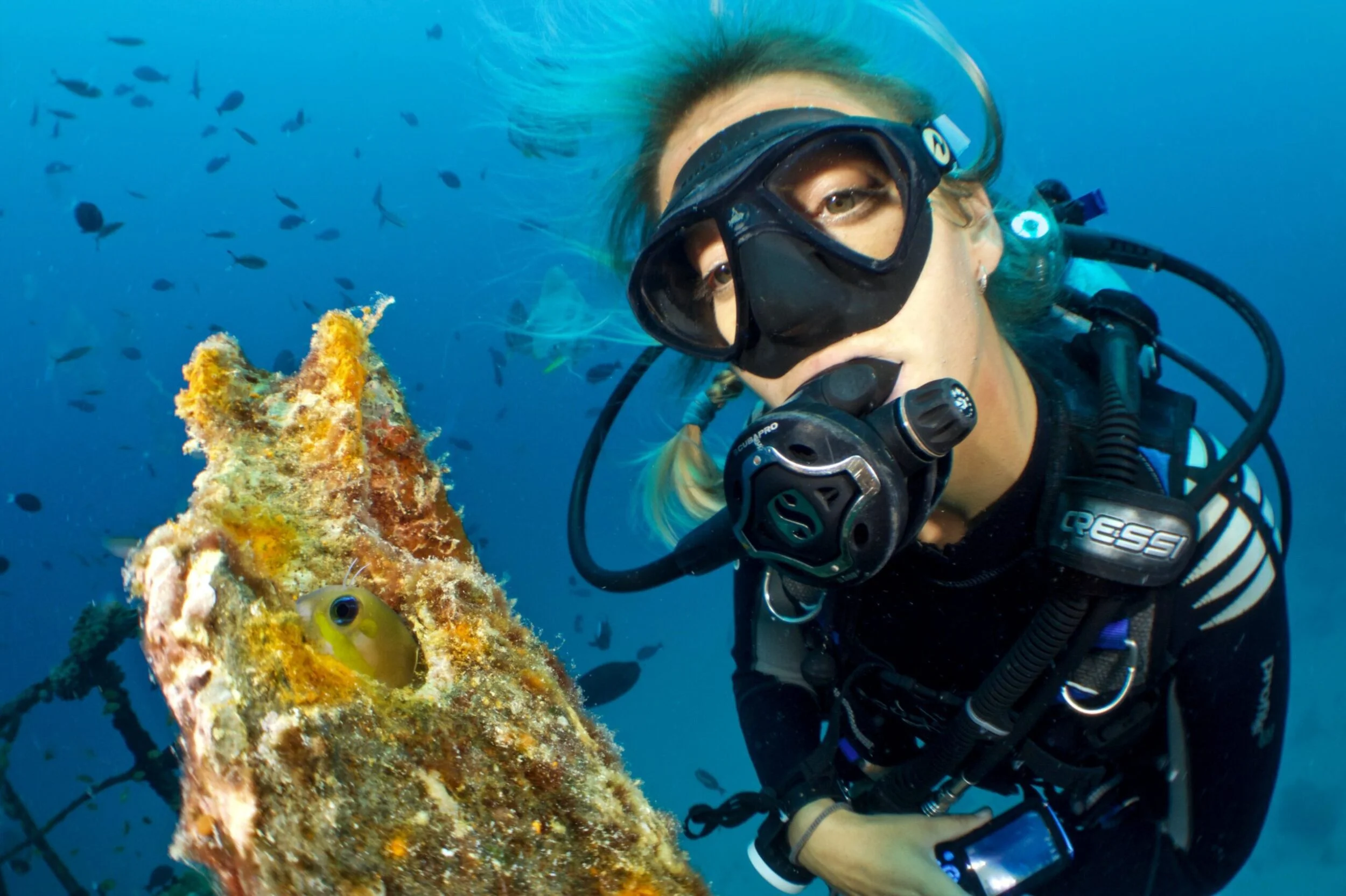


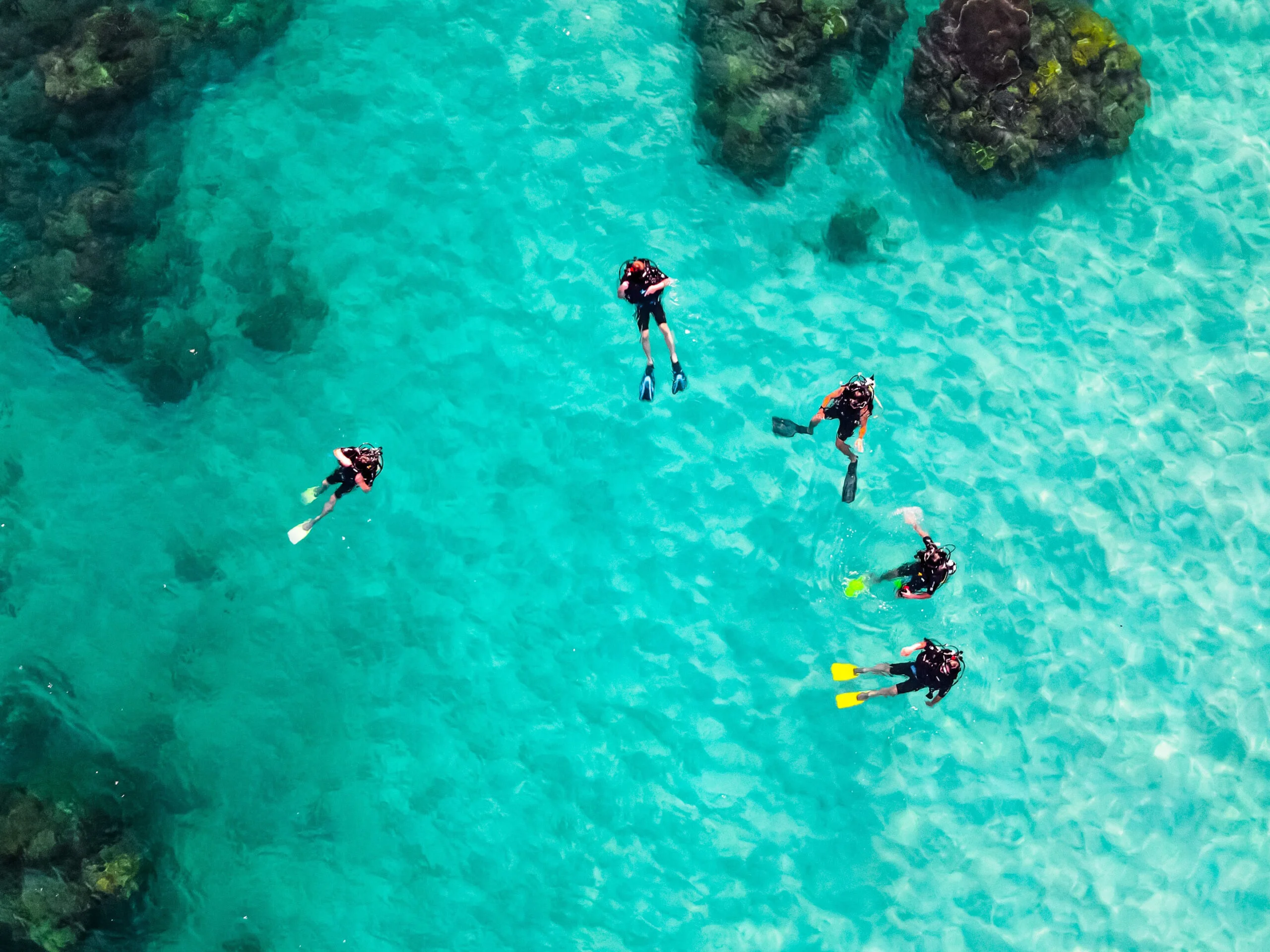
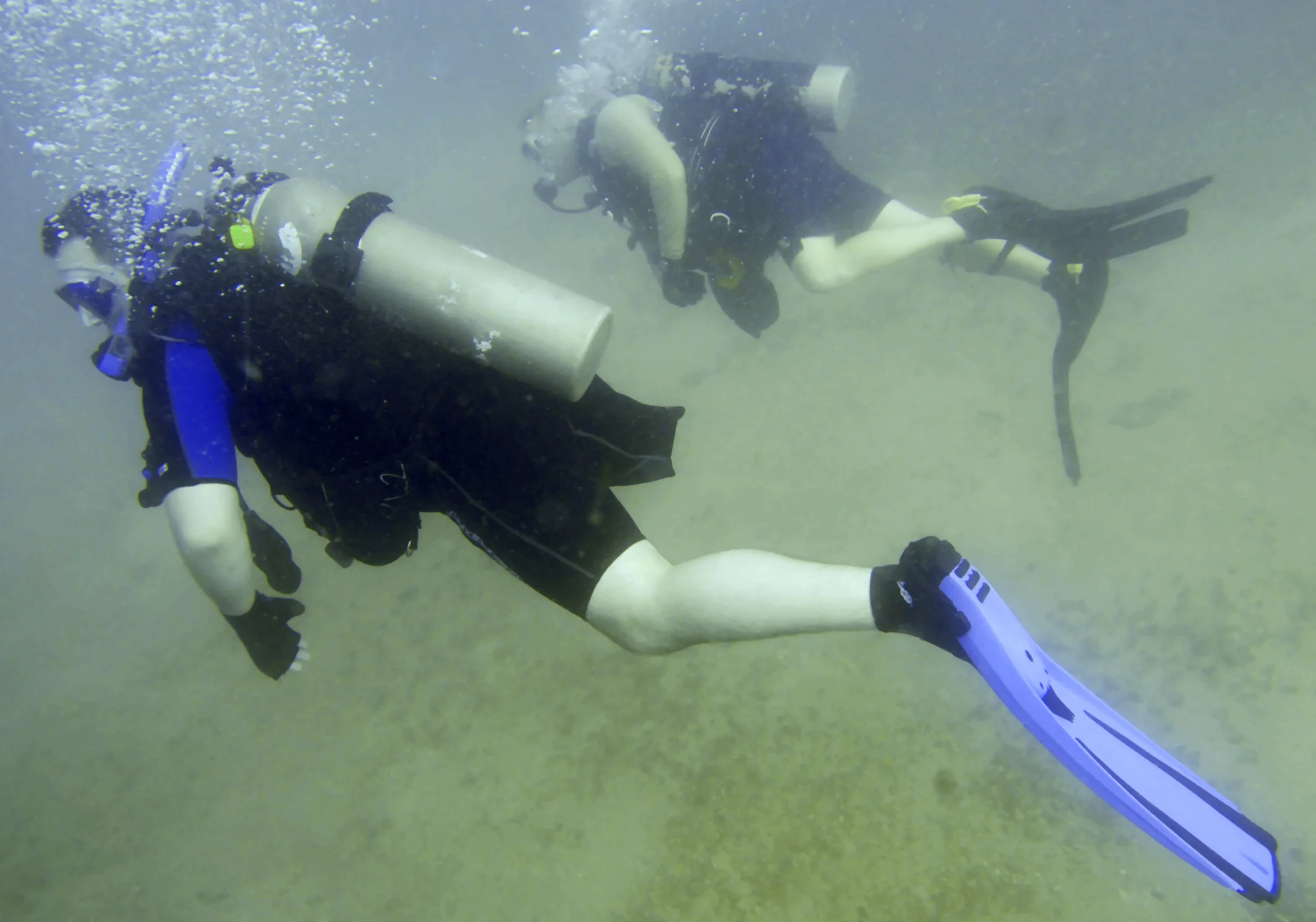
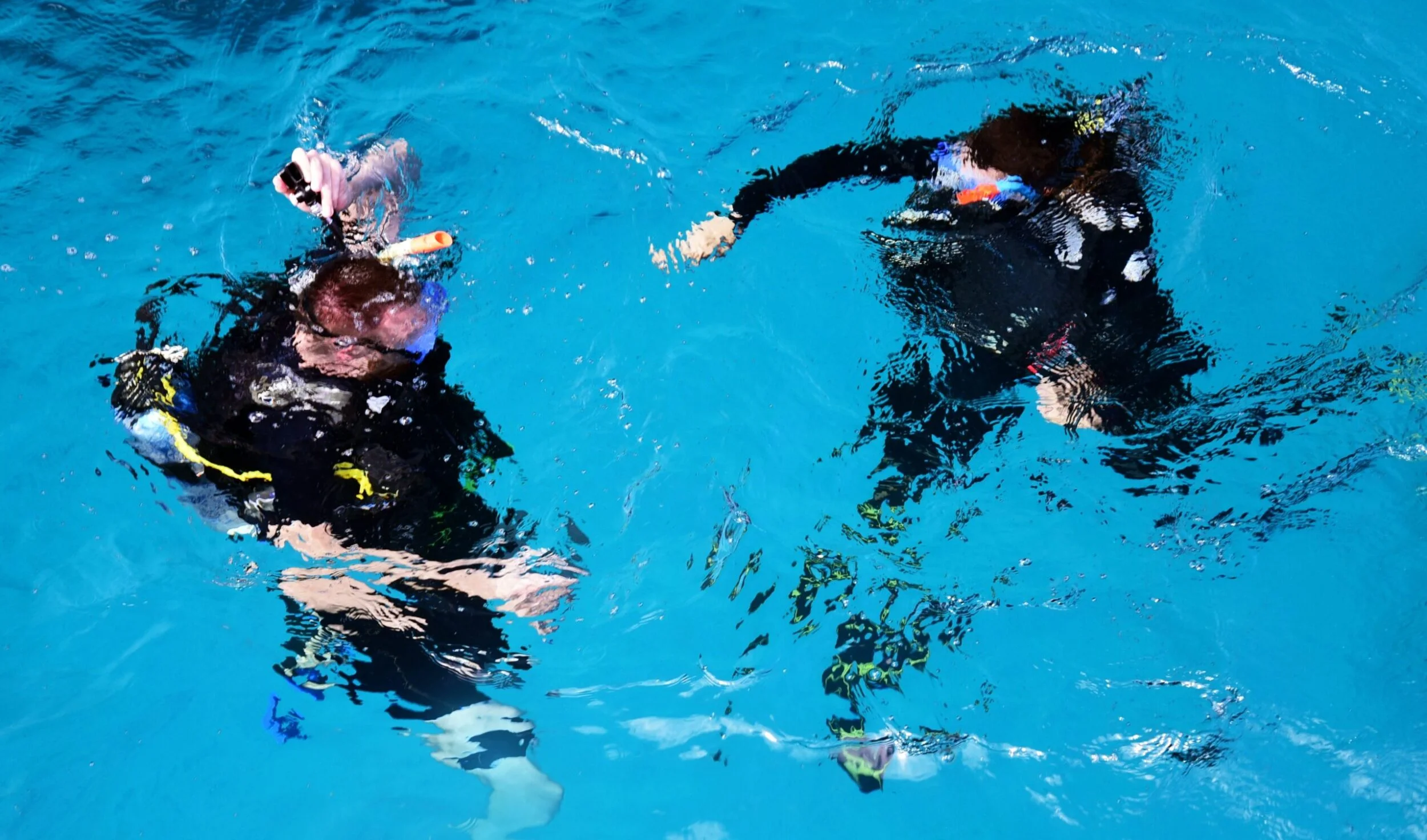

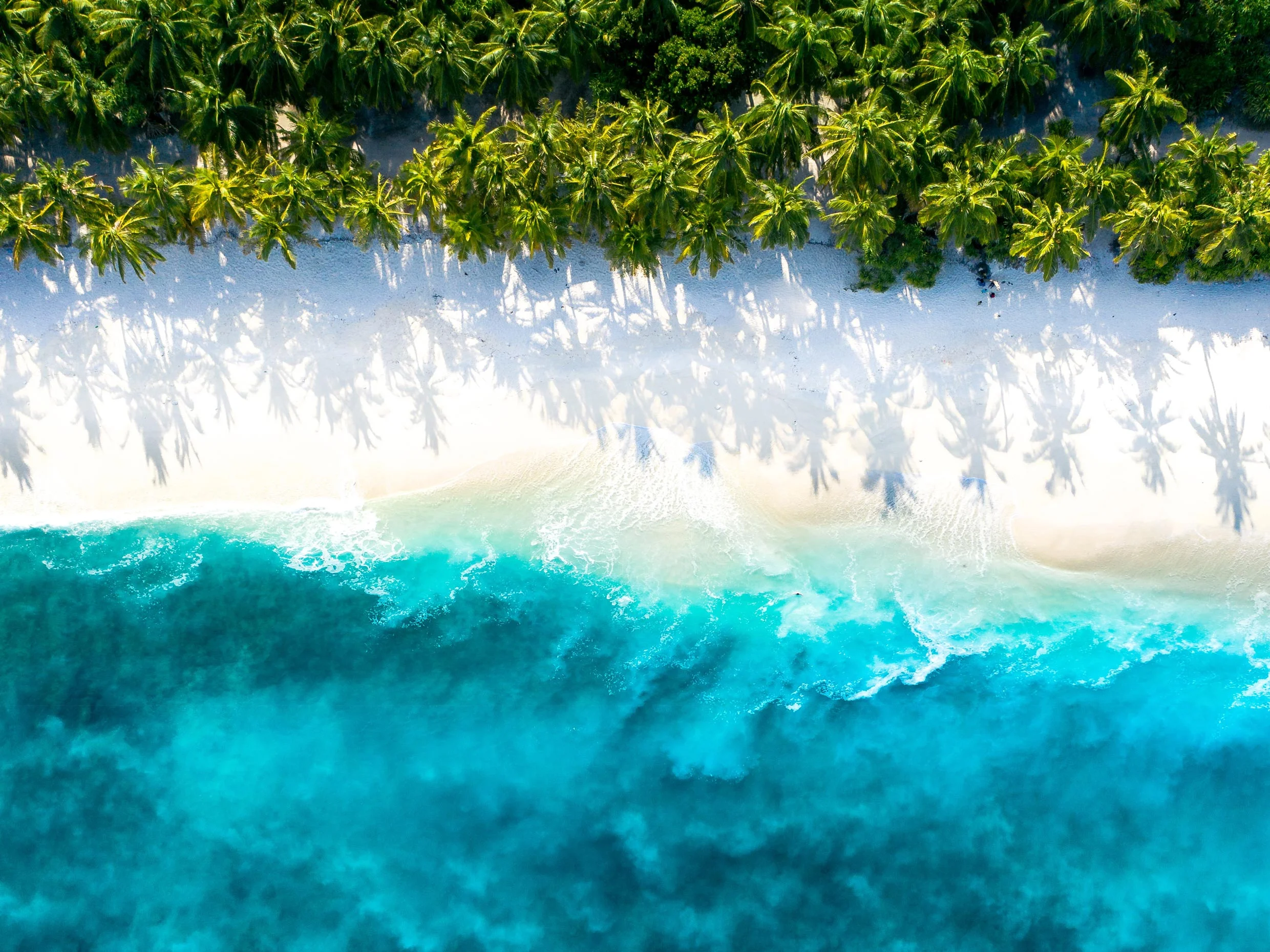
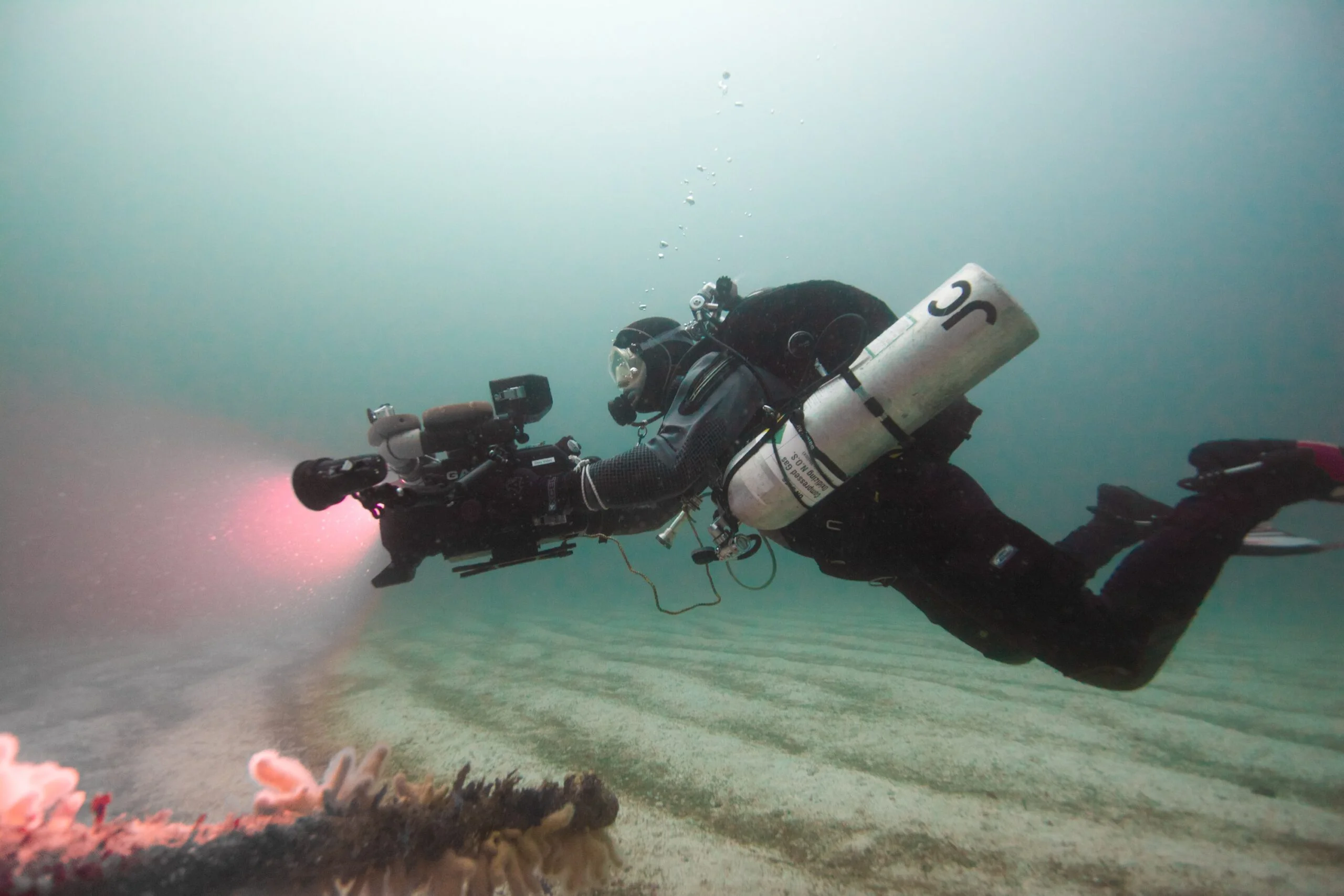

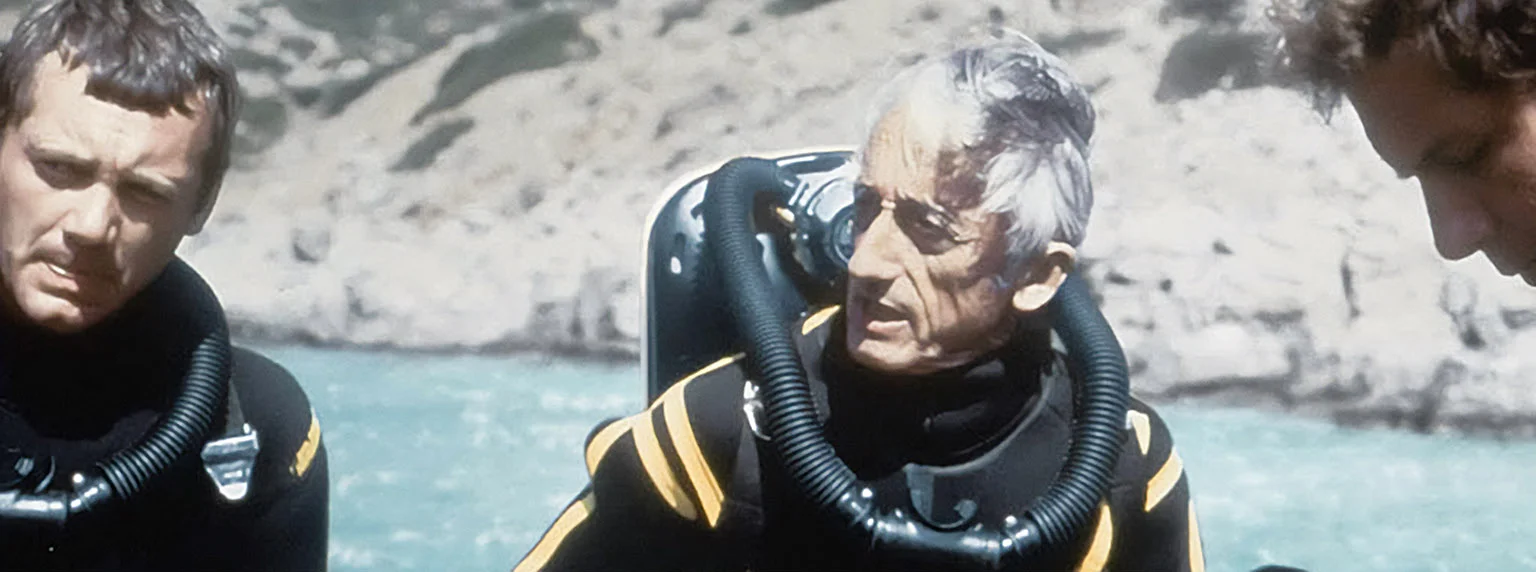

Leave a Reply